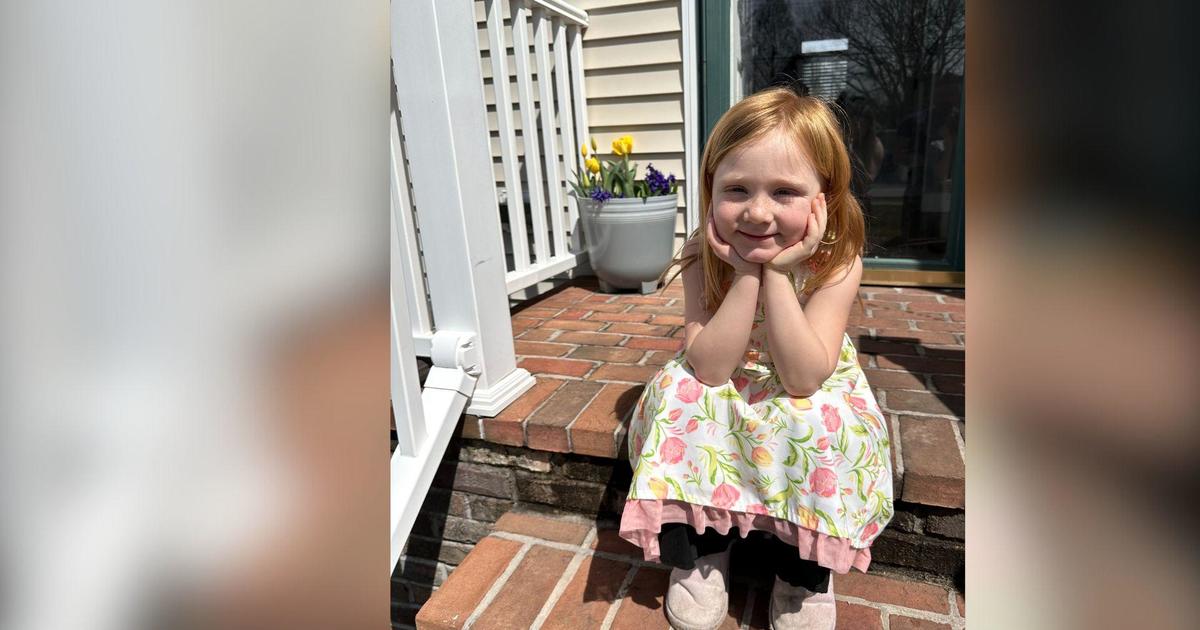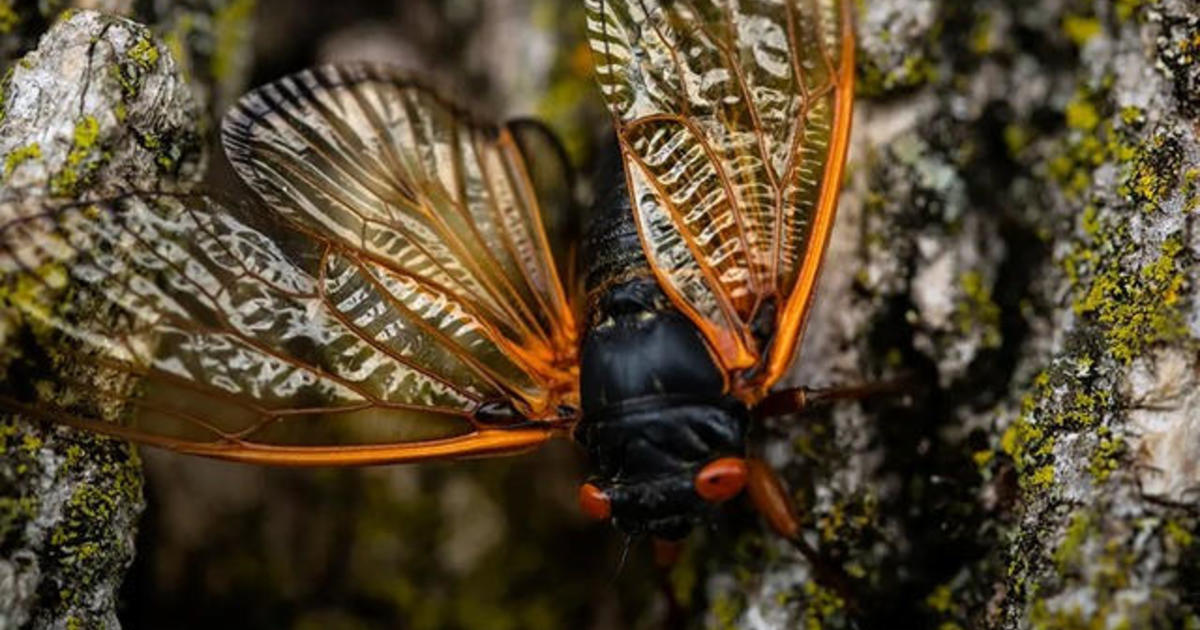Annapolis Barber Closes Shop After 50 Years
TIM PRUDENTE
The Capital
ANNAPOLIS, Md. (AP) -- You here for a trim?
Come right in.
Dennis McAuliffe cuts a flat-top high and tight like the boys wore to `Nam in the 1960s. That's when the judges, fishermen and naval officers started coming to his shop.
You'll hear about them. Stay awhile. It's almost time to close, then walk to the bar.
A few rounds of Budweiser and you'll be calling him "Butch" like the rest, while he speaks of the night he traded a year of free haircuts for a 1934 Dodge.
You would have met Butch this way in the 1960s.
But now he hasn't had a drink in a year.
He hasn't cut hair in months.
And he greets friends from his Easton home, where he's waiting for doctors to fix his failing 68-year-old heart.
It's the only thing to slow his scissors in a half-century.
Born in Annapolis, Butch was 10 when his father died and 17 when his mother passed.
For an orphaned teen, barber school in Baltimore was cheap and quick and, well, why not?
He began in Annapolis in the early 1960s with a pair of scissors, a pack of high school pals and that quick tongue that kept them laughing, that made them bring their friends and fathers and, eventually, children and grandchildren.
"It was almost like going to a bar, only he didn't have anything to drink," said Doug Salter of Kent Island, a customer for 30 years.
"You didn't just go there for a haircut," said Bob Emory, a retired Annapolis police officer.
Emory was in the chair one day when a call came for a bank robbery down the street. Police cars rushed past. And Emory waited for Butch to finish.
"I wasn't about to jump out of the chair with one side of my head cut."
Butch apprenticed on West Street, then ran his first shop in the back of an Eastport restaurant, where The Rockfish stands today, in the 1970s.
He moved to the Bay Ridge Avenue shopping center in the 1980s, worked another 15 years, then settled across from the volunteer fire department in Eastport. That's the office he closed this spring -- where the boys always told him to put a coffee pot, but he knew that if he did they'd never leave.
A haircut cost $3 in the early days, but we all know they weren't coming from Calvert County, the Eastern Shore or Washington, D.C., for a trim and a shave.
Butch might have studied to be a barber, but he made a living with his wit.
They'd sit around for hours to partake in the ragging, storytelling and swapping of fishing and drinking feats -- mixing in a few jokes (not too clean).
And when it came to this, Butch was the best. Ask any of them.
He'd have you laughing at a story you heard a zillion times before -- like the one about the derelict who came in to use the shop bathroom, never left and was found asleep on the couch the next morning.
Now, if you visit Butch, his voice is weak.
That's from the treatments to dry toxins out of his system -- toxins his kidneys can no longer process.
So his wife, Carol, pours him a can of soda, something fizzy to wet his throat.
It's a sunny spring afternoon when she hands him the glass, then sits beside him at their kitchen table.
"It was sad closing the shop," she said. "Especially the way we had to ... We really didn't give people an opportunity to say goodbye.
"It would have been nice to say, `You know, in three months Butch is going to retire,' and let everybody celebrate that. But to be sick and have to close it, we didn't get to say thank you."
Butch looks at her sideways.
His heart might be failing, but his moxie isn't.
He's had three heart attacks over the years -- two "good ones," as he says.
Soon he'll visit a Baltimore hospital to see if he's a transplant candidate.
Carol is a social worker in Easton, and Butch is asked what it's like to spend days alone.
"Well, it's cold in winter."
Pause.
"Am I bored? No, I can always just think back ... Those guys call me."
Pause.
Carol helps the reporter.
"He's trying to find out how hard it was for you. What do you think about during the day?"
"Taking a nap."
"Seriously, who are the people you think about?"
"Old girlfriends."
Carol laughs and settles back in her chair.
"You know how it is for men to talk about emotions."
How did you two meet?
Butch groans.
"Don't ask that."
But Carol is already telling the story about that time in the 1970s at the old Weems Creek bar. She was 21 and a nursing student. Butch was 28 with black hair and a Harley-Davidson motorcycle, and he was just as smooth as The Fonz.
What did he say?
Carol considers.
"It's not very ... well ... it's embarrassing. I went to play the jukebox and he came up to me and said ... what did you say?"
Butch grins with the vigor of a healthy heart.
"Nice ankles."
(Copyright 2013 by The Associated Press. All Rights Reserved.)



